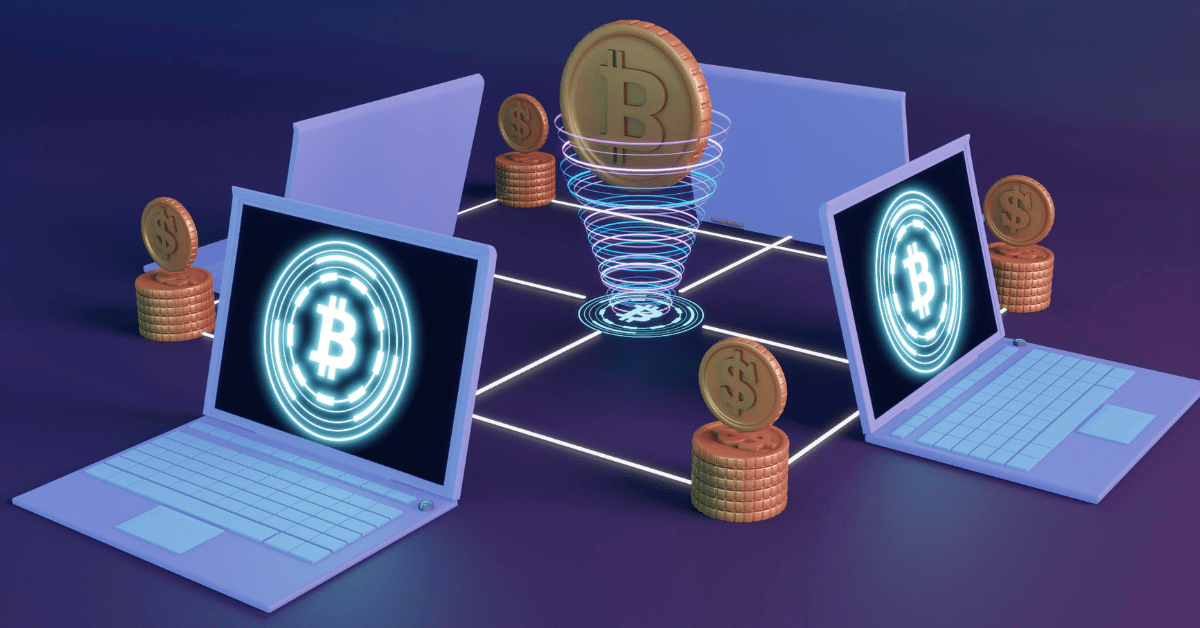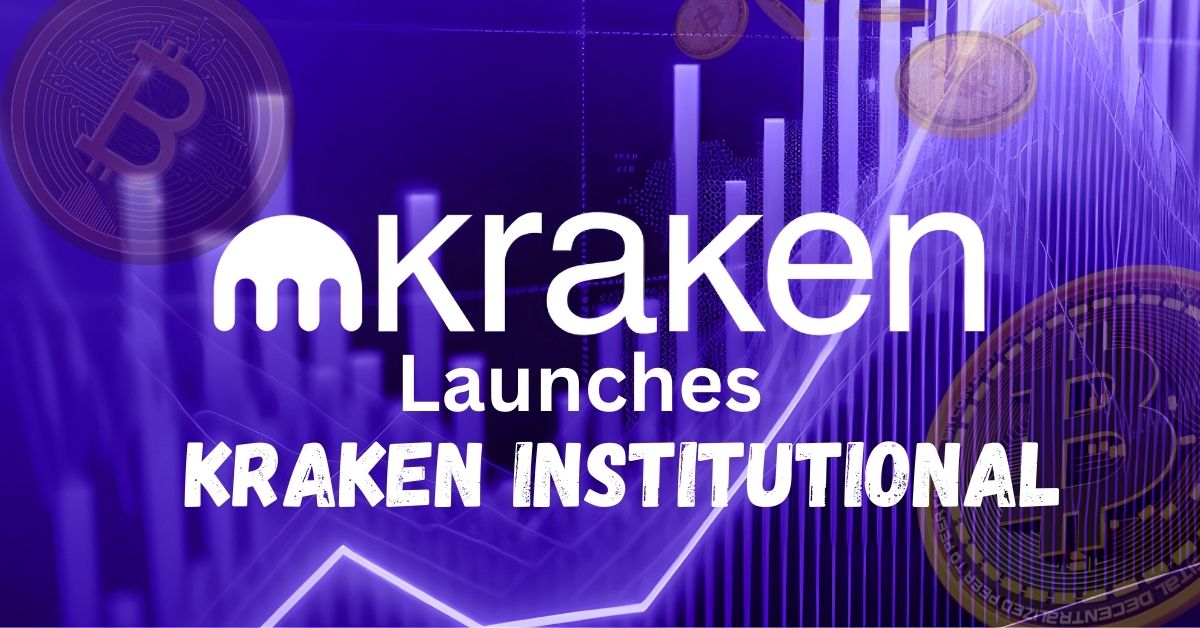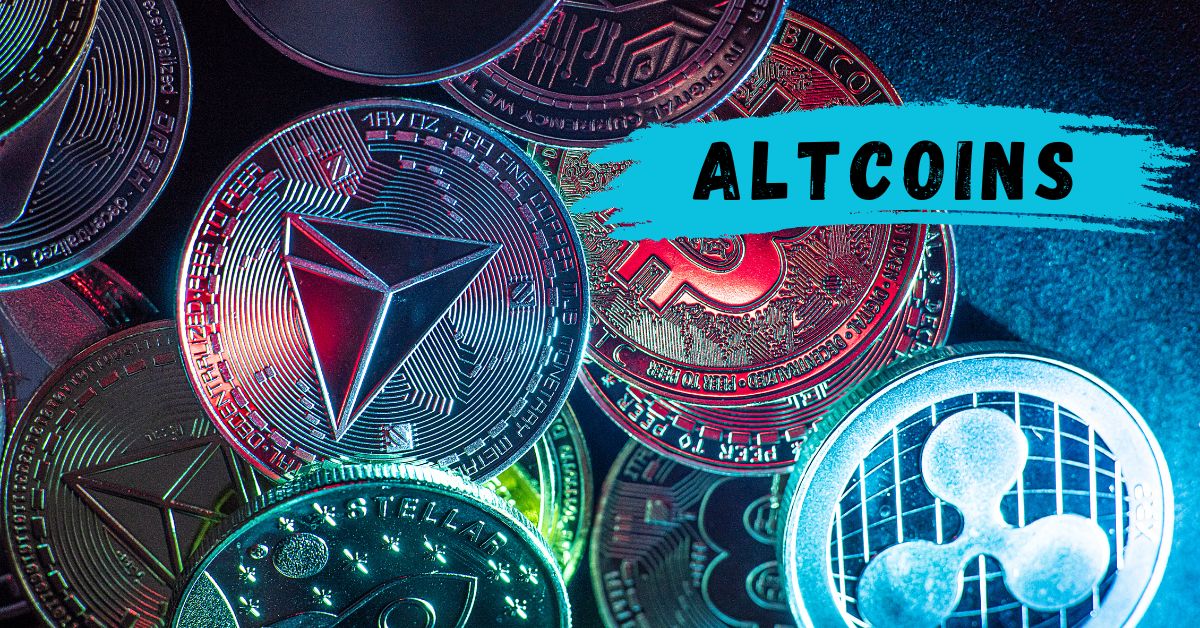Introduction
Blockchain technology, which was originally associated with cryptocurrencies, has evolved into a transformative force across a wide range of industries. While Bitcoin and other digital currencies were pioneers, the underlying blockchain technology has proven to be adaptable, secure, and capable of transforming traditional processes. In this blog post, we’ll look at how blockchain technology can be used for more than just cryptocurrency.
Understanding the Basics
A blockchain is essentially a decentralized and distributed ledger that tracks transactions across a network of computers. Each transaction is added to a block, which are then linked in a chronological chain to form an immutable record. This structure ensures transparency, security, and accountability, making blockchain an excellent choice for applications other than cryptocurrencies.
- Smart Contracts: Self-executing Agreements
Smart contracts are self-executing agreements with terms encoded directly into code, leveraging blockchain technology. Upon meeting specified conditions, these contracts automatically execute, eliminating the need for intermediaries. This innovation has profound implications across industries like supply chain management, real estate, and law. By streamlining processes and enhancing transparency, smart contracts boost efficiency and reduce the risk of fraud. Their automated nature ensures swift and reliable execution of agreements, revolutionizing traditional contract management practices and paving the way for more secure and efficient transactions in the digital era.
- Supply Chain Management: Enhanced Transparency And Traceability
Blockchain technology revolutionizes supply chain management by offering unparalleled traceability and transparency. By securely tracking products from origin to consumer, blockchain enhances accountability and reduces the risk of counterfeiting. Businesses leverage blockchain to trace raw material origins, validate ethical sourcing practices, and ensure product authenticity. With its immutable ledger, blockchain fosters trust among stakeholders and enables seamless verification of every transaction within the supply chain. This transparency not only mitigates risks but also fosters a culture of integrity, driving efficiency and sustainability throughout the supply chain ecosystem.
- Decentralized Finance (DeFi): Transforming Financial Services
Decentralized Finance (DeFi), aiming to replicate traditional financial services sans centralized authorities, leverages blockchain technology innovatively. Users bypass traditional banks, accessing lending, borrowing, and trading services directly on the blockchain via smart contracts. This democratization of finance fosters increased financial inclusion and affords individuals greater control over their assets. By eliminating intermediaries and enabling peer-to-peer transactions, DeFi not only enhances accessibility but also promotes transparency and efficiency in the financial ecosystem. As a disruptive force, DeFi is reshaping the landscape of traditional finance, unlocking new opportunities and empowering individuals globally.
- Healthcare: Securing Patient Data And Streamlining Processes
In the healthcare sector, where data security is paramount, blockchain technology emerges as a robust solution. Patient records, ensured of confidentiality and integrity, benefit from encryption and restricted access on the blockchain, safeguarding sensitive information. Moreover, blockchain streamlines data exchange among healthcare providers, reducing administrative burdens and improving patient care. By leveraging blockchain’s inherent security features and decentralized architecture, the healthcare industry can enhance data protection, streamline processes, and ultimately, deliver more efficient and secure healthcare services to patients while ensuring compliance with stringent regulatory standards.
- Identity Management: Strengthening Digital Identities
Blockchain presents a secure and immutable solution for digital identity management, revolutionizing the verification process. Businesses can streamline identity verification, ensuring swift and reliable authentication. Individuals gain greater autonomy over their personal data, bolstering privacy and security. The technology finds diverse applications, including access control, where authorized entry is facilitated seamlessly. Moreover, blockchain holds promise for enhancing voting systems, offering transparent and tamper-proof electoral processes. Additionally, online authentication benefits from blockchain’s trustworthiness, mitigating the risk of identity theft and fraud. Overall, blockchain strengthens digital identities, empowering both businesses and individuals in the digital realm.
- Real Estate: Streamlining Property Transactions
Real estate transactions are often complex, involving multiple parties, extensive documentation, and inherent risks of fraud. Blockchain technology presents a transformative solution by providing a transparent and immutable ledger of property ownership and transactions. Through blockchain, every transaction is recorded securely, creating a tamper-proof record that enhances transparency and trust in the real estate market.
Smart contracts, powered by blockchain technology, play a pivotal role in streamlining property transactions. These self-executing contracts automatically enforce agreed-upon terms, eliminating the need for intermediaries and reducing the possibility of errors or disputes. By automating processes such as title transfers and escrow arrangements, smart contracts ensure greater efficiency and accuracy in real estate transactions.
Furthermore, the transparency offered by blockchain reduces the likelihood of fraudulent activities, enhancing security for buyers, sellers, and other stakeholders. Overall, blockchain technology holds immense potential for revolutionizing the real estate industry, making property transactions faster, more secure, and more reliable for all parties involved.
- Gaming And Entertainment: NFTs And Digital Assets
The advent of Non-Fungible Tokens (NFTs) on blockchain has catalyzed a revolution in the gaming and entertainment sectors. NFTs enable verifiable ownership of digital assets, including art, collectibles, and in-game items, by leveraging the unique properties of blockchain technology. These tokens, which represent one-of-a-kind digital assets, are securely stored on the blockchain, ensuring immutability and transparency of ownership.
This innovation has ushered in a new era for the digital economy, providing creators and consumers alike with unprecedented opportunities. Creators can tokenize their digital creations, allowing them to be bought, sold, and traded as NFTs, thereby unlocking new revenue streams. Meanwhile, consumers can enjoy enhanced ownership experiences, as they can prove the authenticity and provenance of their digital assets in a secure and decentralized manner.
As a result, the gaming and entertainment industries are witnessing a surge in creativity, economic activity, and community engagement, fueled by the transformative power of NFTs and blockchain technology.
Bottom Line
Blockchain technology has developed significantly since it was first connected to cryptocurrencies. It is an effective tool for changing a variety of industries due to its decentralized, transparent, and safe features. Blockchain is transforming conventional processes, encouraging innovation, and empowering people in a variety of industries, including supply chain management, healthcare, smart contracts, and decentralized finance.
Also Read: 8 Cryptocurrency Scams You Can’t Afford to Ignore
Frequently Asked Questions
1. What are smart contracts, and how do they work?
Smart contracts are self-executing agreements with terms encoded directly into code, leveraging blockchain technology. When predetermined conditions are met, smart contracts automatically execute, eliminating the need for intermediaries. They streamline processes, enhance transparency, and reduce the risk of fraud across industries like supply chain management, real estate, and law.
2. What is Decentralized Finance (DeFi), and how does it leverage blockchain?
Decentralized Finance (DeFi) aims to replicate traditional financial services without centralized authorities using blockchain technology. Users can access lending, borrowing, and trading services directly on the blockchain through smart contracts, bypassing traditional banks. DeFi promotes financial inclusion, transparency, and efficiency in the financial ecosystem.
3. What role does blockchain play in identity management?
Blockchain strengthens digital identity management by offering a secure and immutable solution for identity verification. It streamlines identity verification processes, enhances privacy and security, and facilitates access control and online authentication. Blockchain holds promise for revolutionizing voting systems and mitigating the risk of identity theft and fraud.
4. What impact do NFTs have on the gaming and entertainment industries?
Non-Fungible Tokens (NFTs) enable verifiable ownership of digital assets, revolutionizing the gaming and entertainment sectors. Creators can tokenize their digital creations, unlocking new revenue streams, while consumers enjoy enhanced ownership experiences. NFTs leverage blockchain’s immutability and transparency, fueling creativity, economic activity, and community engagement in the digital economy.





